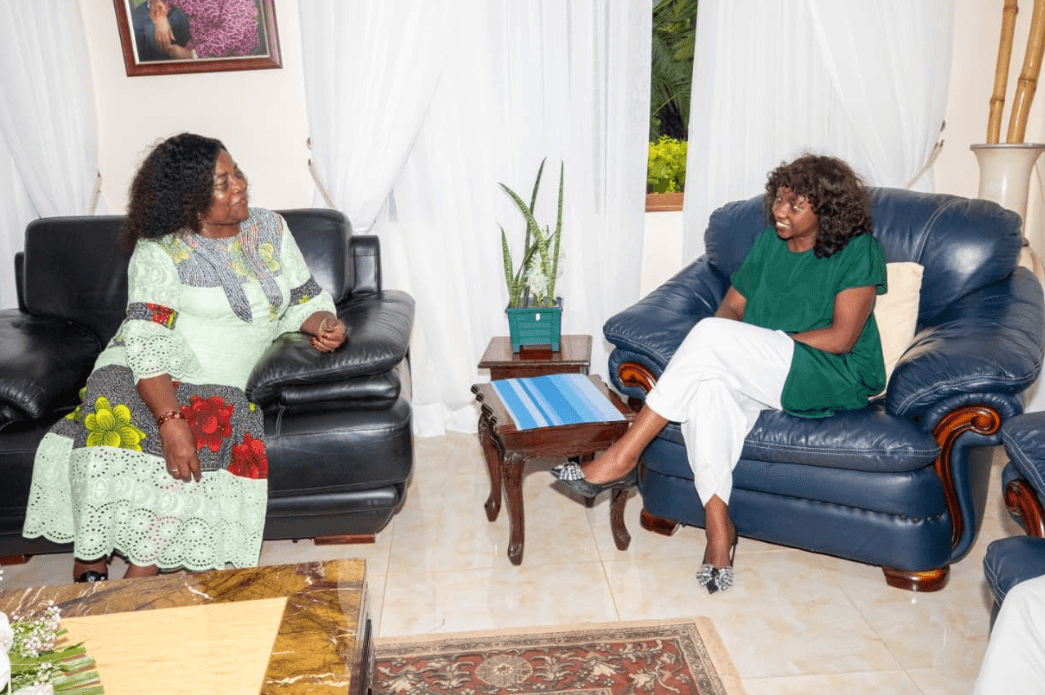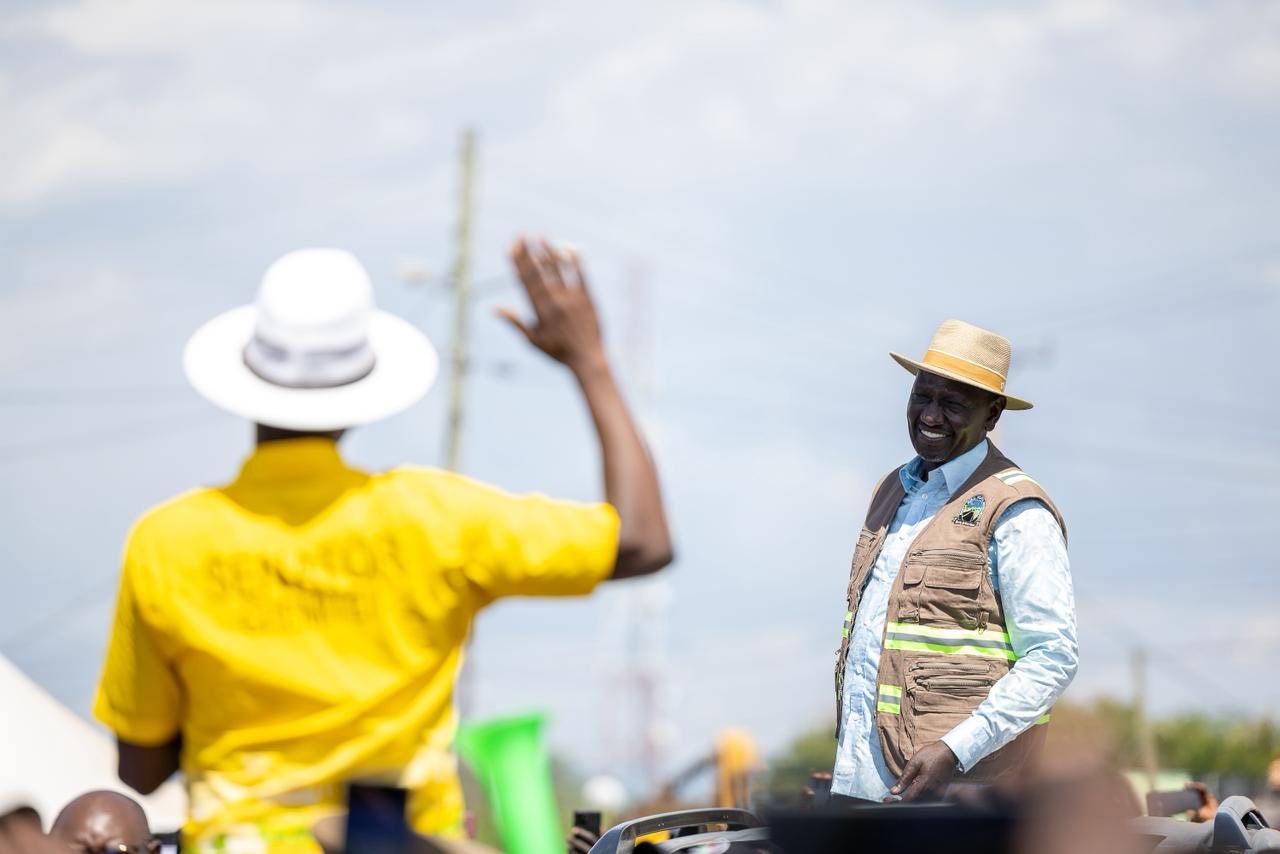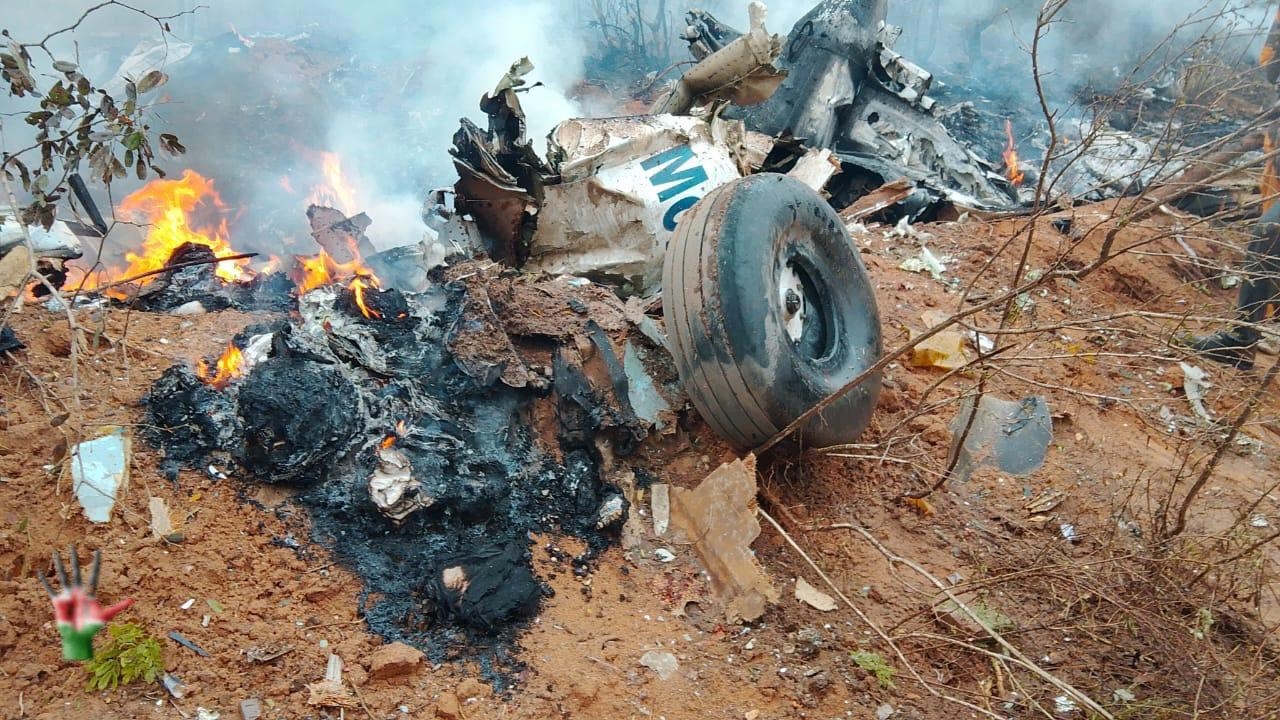Global leaders in education and technology are allying fears that innovation is going to lead to job losses and redundancies, and instead are advocating for digital literacies and talent coaching.
The youth are the future of the world and should be helped and supported to enhance their digital skills to deal with the changing operating environment created by the revolution in the ICT sector.
What is apparent is that youth are lacking in digital literacies, and for them, to be ahead and in the driving seat in the digital transformation taking place globally, they must be exposed to the various advances in the digital world.
It's against such background that Kenya initiated the digital Literacy Programme, popularly referred to as the school laptop project, which hopefully will be revamped.
The government through the national pillar on the digital superhighway intervention under Cabinet Secretary Eliud Owalo has launched several digital innovation hubs across the country to serve as skills upgrading, digital literacy and talent nurturing centres.
Here, youths are exposed to new operating environments and sensitized to the use of digital tools in their daily lives.
Machines and technology are not replacing humans as people would want us to believe, that digital tools such as Al, metaverse among others will replace humans in the workplace.
But, what is required is to prepare the current and future generations to embrace ICT as an enabler for development.
It will be a huge waste if we don’t prepare the youth on how to embrace technology to enhance their work and improve productivity-expand the youth’s ability to be responsible users of technology, this will accelerate innovation and creativity that are essential for development.,
Thus, it's very encouraging that global technology giant Huawei noting the digital skills gap among the youth globally, and aware that talent search and training are major ingredients in preparing the youth to be at the forefront of technology-led development has joined the UNESCO Global Alliance for Literacy (GAL) on the sidelines of the Mobile World Congress 2023.
The Global Alliance for Literacy which includes 30 countries committed to improving youth and adult literacy has driven international discourse and guided the agenda for literacy provision globally for those who need it most.
Huawei has committed to funding an expansion of UIL’s current initiatives to enhance educators’ use of technology in developing countries.
Huawei believes digital talent is a key driver in achieving digital transformation, solid economic growth, and better quality of life.
Since 2008, Huawei has offered a wide and expanding range of talent programs.
Under its Seeds for the Future umbrella, Huawei provides tens of thousands of people every year with scholarships and digital training courses targeting all age groups.
The company also organizes and sponsors tech competitions where students can expand their knowledge, win prizes, and make new friends.
So far, Huawei’s Seeds for the Future program has helped nurture more than 2.2 million digital talents in over 150 countries. The company’s ICT Academy can train about 200,000 students each year.
In 2021, Huawei announced it had already invested US$150 million and planned to invest another US$150 million in digital talent development before 2026, which is expected to benefit an additional 3 million people.
During the digital summit, the secretary general for the African Telecommunications Union, John Omo, noted the same thing; it is critical that youth in Africa have access to global opportunities and can be a part of global conversations.
As much as our continent faces so many challenges it is clear that our youth are up to the task, of developing innovative technologies, innovative business models and innovative partnerships.
Omo noted that today, more than 60 per cent of Africa's population is under the age of 25. By 2030, young Africans are expected to constitute 42 per cent of global youth.
Whilst there is certainly an element or risk that comes with this, primarily due to the need to provide good quality jobs for so many people, there is also a tremendous opportunity.
The youth face challenges turning innovative ideas into innovative solutions including a lack of technical knowledge, few networks, limited access to markets, a lack of prior experience, and a lack of funds to invest.
A supportive ecosystem can help youth overcome these challenges, but in Africa in particular, whilst these challenges themselves may be even greater than in other countries, the ecosystems that can help overcome them are also much weaker in other countries.
Elsewhere, Huawei has been supporting the African Telecommunications Union to run an innovation challenge for the last two years, with tremendous results.
Such interventions must continue and expand to support the youth to embrace technology.
Huawei is the first private company to become an associate member of the GAL and the company is excited its own goals align with the GAL’s vision of eradicating digital illiteracy in young people.
Huawei’s Vice President of Corporate Communications Vicky Zhang was emphatic that the right education and skills are the key to success in life.











